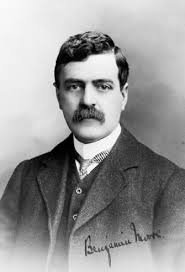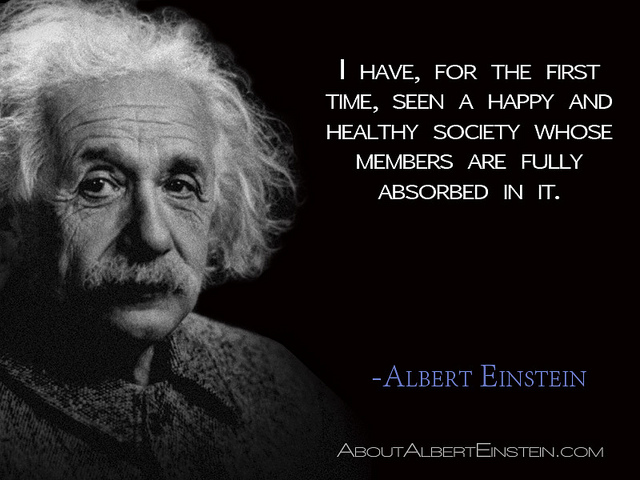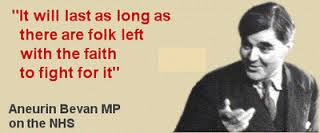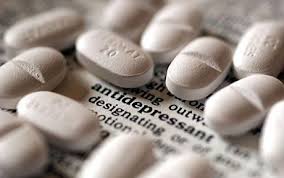660 Million Antidepressants at a cost of nearly £6 billion to the NHS:
“Healthy relationships create a healthy society”
House of Lords Debate: November 26th 2015
26 Nov 2015 : Column 900
Health
Motion to Take Note
4.26 pm
To move that this House takes note of the case for building a health-creating society in the United Kingdom where all sectors contribute to creating a healthy and resilient population.
5.21 pm
Lord Alton of Liverpool (CB): My Lords, it is a particular pleasure to congratulate the noble Lord, Lord Foster of Bath, on his exemplary and cogent Maiden speech, not least because, having served together in another place, we share many common interests and experiences, not least that we were part of that exclusive group of former Chief Whips.

It was a Liverpool physician, Dr Benjamin Moore, who, in 1910, in The Dawn ofthe Health Age, is credited as probably the first to use the words “National Health Service”. When it was founded in 1948, Aneurin Bevan declared that it would,
“last as long as there are folk left with the faith to fight for it”.
Bevan saw the NHS as a bulwark against fear. Although we all still have the faith to fight for it, the world in which it functions is fundamentally different, with dramatically changed demographics of population and disease. The backdrop against which today’s debate is being held is a sobering one, from overspending to strikes and demoralised health workers. A consultant recently told me, “Currently, more and more is being asked of us, but we are being given less and less resources to achieve it. There is increasing exhaustion as every bit of spare capacity in every respect is stretched”. That is leading to demoralisation and disaffection. A health-creating society must value its health workers.
It may be a National Health Service but there are endless disparities and inequalities within its system, and modern England is simply too diverse for a model that insists one size should fit all. This is true of our attitude to lifestyle as well as to care itself. For example, smoking rates during pregnancy range from 2% in west London to 28% in Blackpool. Malnutrition has reappeared in some places but not others, with 193 episodes of malnutrition at Salford over a 12-month period, while even the day on which you are admitted to a hospital can affect your chances of survival, with Imperial College publishing research that babies born at weekends in hospitals in England have a greater
chance of dying than those born on weekdays. End-of-life care and hospice provision are brilliant in some parts of the country and patchy at best in others. The noble Baroness, Lady Williams, reminded us of our equally patchy approach to mental health, a point that was also touched on by the noble Lord, Lord Foster of Bath, in his maiden speech.
A few weeks ago the Minister gave me a Written Answer about prescriptions for antidepressants and confirmed that since 1991 more than 660 million antidepressants—at a cost of nearly £6 billion—have been prescribed by the NHS, with year-on-year figures increasing exponentially. If the overuse of antibiotics is creating cause for concern—and it is—should we not also be exercised by the overuse of antidepressants and our failure to address toxic loneliness and isolation? For instance, it is said that around 1 million elderly people do not see a friend or a neighbour during an average week. This has an inevitable detrimental effect on health. Like operations for obesity, this is another disturbing example of putting a poultice on a problem rather than attacking the root causes. (see full written reply below).
In the search for a healthy society, my bottom line would be that healthy relationships create a healthy society. It is especially important for the vulnerable to know that they are valued, as the noble Baroness, Lady Campbell, reminded us earlier. It is no good if our attitude or treatment say otherwise. With around 700,000 people in Britain with degenerative diseases such as Alzheimer’s and predictions that there will be 1 million dementia sufferers by 2026, we cannot value this by cost alone. It has to be how we see people themselves.
If we started from a different place, putting much greater emphasis on our responsibilities to society and to one another, rather than slogans about choice and autonomy, we would create a much healthier, happier and more resilient society. We can smoke, drink, neglect our health or use lethal injections to get rid of the unwanted because we assume that medicine will fix everything and take care of us. But that is simply not so, which is why my noble friend was so right to initiate today’s debate.
5.27 pm

Prescribing information is available from 1991; annual figures are provided from 1991 to 2014 for antidepressant prescription items dispensed and the net ingredient cost (NIC).
| The number of antidepressant prescription items written in the United Kingdom and dispensed in the community in England, as classified as antidepressant drugs in British National Formulary (BNF) section 4.3, with the NIC – 1991 to 2014 | ||
| Year | Items (000’s) | NIC (000’s) |
| 1991 | 8,953.9 | £54,045.8 |
| 1992 | 9,914.3 | £81,117.6 |
| 1993 | 10,776.7 | £98,829.8 |
| 1994 | 11,816.4 | £117,246.3 |
| 1995 | 13,227.1 | £146,832.9 |
| 1996 | 14,960.6 | £191,242.8 |
| 1997 | 16,822.6 | £239,120.5 |
| 1998 | 18,424.5 | £279,004.3 |
| 1999 | 20,108.1 | £315,269.3 |
| 2000 | 22,021.8 | £310,378.2 |
| 2001 | 24,342.7 | £341,660.9 |
| 2002 | 26,329.4 | £380,883.1 |
| 2003 | 27,658.0 | £395,178.0 |
| 2004 | 28,995.5 | £400,681.7 |
| 2005 | 29,389.9 | £338,546.7 |
| 2006 | 31,038.0 | £291,511.4 |
| 2007 | 33,839.6 | £276,107.6 |
| 2008 | 35,960.5 | £247,355.1 |
| 2009 | 39,140.5 | £230,062.9 |
| 2010 | 42,788.0 | £220,372.8 |
| 2011 | 46,677.8 | £270,177.2 |
| 2012 | 50,167.2 | £211,145.4 |
| 2013 | 53,326.6 | £282,121.6 |
| 2014 | 57,147.9 | £265,003.7 |
Source: Prescription Cost Analysis (PCA) system data provided by the Health and Social Care Information Centre
Note: The values for NIC have fluctuated over the years; reasons for this will include: the number of antidepressants available on the market, shifts in prescribing practice following national policy and guidance, and the expiry of patents for some medicines and increased use of lower priced generic alternatives. Price changes for generic medicines have strongly influenced the overall costs in recent years.
Medicines should only be prescribed when necessary and in all cases the benefit should be considered in relation to the risk involved. The options should be discussed carefully with the patient.
The National Institute for Health and Care Excellence (NICE) has published a range of clinical guidelines, relevant to the prescribing of anti-depressant medication.
Advice on the prescribing of anti-depressants is available in the BNF, which is made available free of charge to National Health Service prescribers. Best practice guidance may also be produced by the Royal College of Psychiatrists.
In addition, the Medicines and Healthcare products Regulatory Agency (MHRA) ensures that the product information available to all doctors and patients contains authoritative and up to date essential information on how to prescribe antidepressants and on the benefits and risks of treatment, including the risk of withdrawal. In addition the MHRA issues updated advice as appropriate and communications to healthcare professionals via the letters to healthcare professionals, the MHRA website and also Drug Safety Update.




